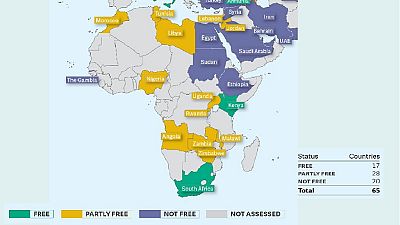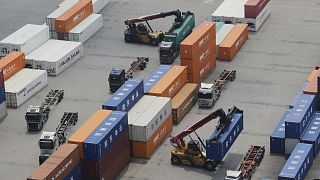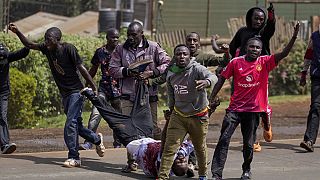Ethiopia
According to a recent research on the use of the internet, online freedom around the world has declined for the sixth consecutive year.
The report titled ‘Freedom on the Net 2016 – Silencing the Messenger, Communication Apps Under Pressure’ added that two out of every three internet users – 67% – live in countries where online activities are largely censored.
The research was carried out by Freedom House, ‘‘an independent watchdog organization dedicated to the expansion of freedom around the world.’‘ It looked at 65 countries across the world and how they related to the use of the internet.
The final report ranked countries on three main levels. ‘‘Free, Partly Free, Not Free.’‘ On a scale of 0 – 100, scores of 0 – 30 (Not Free), 31 – 60 (Partly Free) and 61 – 100 (Free), represented the three rankings respectively.
On the global scale, of the 65 countries, 17 were classified ‘Free’, 28 were ‘Partly Free’ and the remaining twenty were classed ‘Not Free.’ Four African countries made it to that rank.
An closer look at Africa’s candidates.
In all, 16 African countries were surveyed by the Freedom House team. The regional spread are as follows:
- Five in North Africa – Egypt, Libya and Tunisia, Sudan, Morocco
- Two in West Africa – The Gambia and Nigeria
- Four in East Africa – Ethiopia, Kenya, Rwanda and Uganda
- Five in Southern Africa – South Africa, Zambia, Zimbabwe, Angola, Malawi.
The findings indicated the following
Not Free = Ethiopia, Egypt, The Gambia and Sudan
Partly Free = Zambia, Zimbabwe, Angola, Nigeria, Libya, Morocco, Tunisia, Malawi, Uganda, Rwanda
Free = South Africa and Kenya
All four countries considered ‘Not Free’ had internet penetration of between 12 and 36%. Only Sudan did not block social media and other political and social content. But all the others did that and also conducted arrests of bloggers and internet users.
Ethiopia
Ethiopia is currently under a state of emergency with some of the rules being a restriction on access to social media. Anti government protests in the country are believed to have been largely instigated via social media.
Egypt
Egypt, one of the countries that was hit by the recent Arab Spring has had rights groups accuse it of infringement on the rights of people.
The Gambia
The Gambia is notorious in human rights circles, with its leader, Yahya Jammeh being accused repeatedly of repression of the media and of opponents. The country heads to the polls in about a fortnight.
Sudan
Sudan unlike Ethiopia, Egypt and The Gambia did not necessarily put restrictions on internet use but reportedly rounded up people for what the authorities see as abuse of the internet.
Other key findings of the research noted that:
- Social media users face unprecedented penalties, as authorities in 38 countries made arrests based on social media posts over the past year.
- Globally, 27 percent of all internet users live in countries where people have been arrested for publishing, sharing, or merely “liking” content on Facebook.
- Governments are increasingly going after messaging applications like WhatsApp and Telegram, which can spread information quickly and securely.













01:13
China and Ethiopia reaffirm alliance at meeting on sidelies of BRICS summit
02:07
Morocco explores its digital future at the 2025 Morocco Gaming Expo
01:49
Sudanese refugees in Chad face deepening humanitarian crisis
Go to video
UN warns of escalating humanitarian catastrophe in Sudan amid ongoing conflict
Go to video
China, Egypt FMs discuss Middle East escalation in phone call
01:41
UN warns of looming famine in Sudan, Gaza and 3 other global hunger hotspots